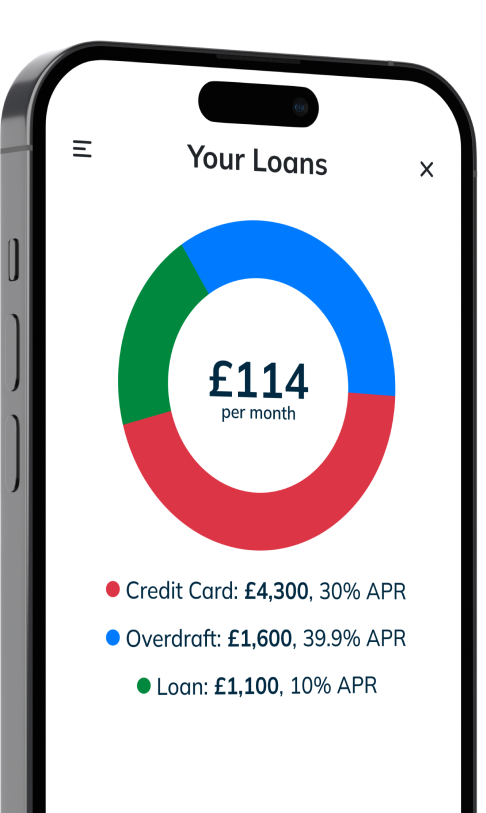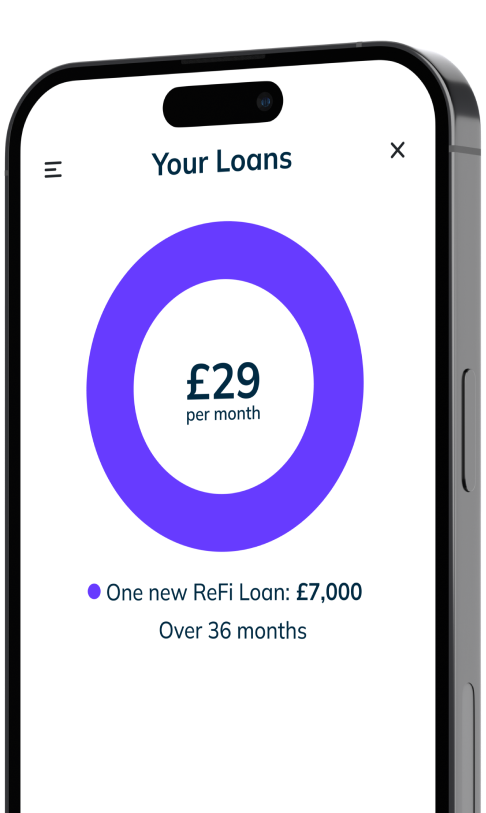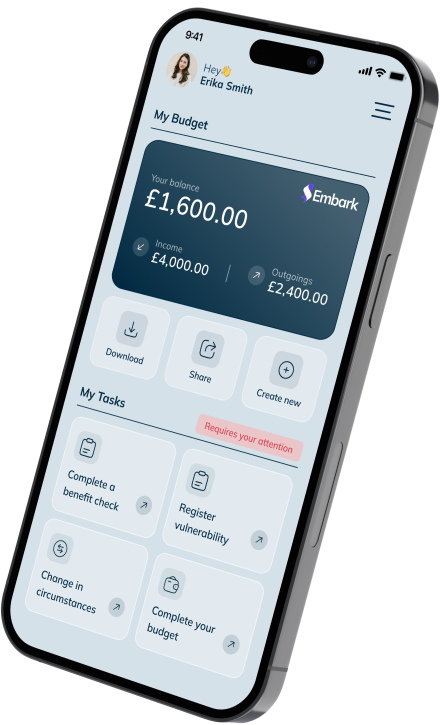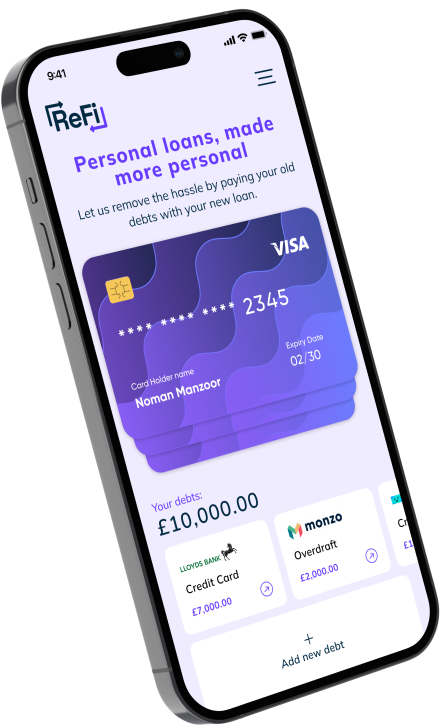

Refinancing can work out really well for some, but it certainly isn’t the debt management solution for everyone. It’s crucial to understand all of your options before taking out any form of credit.
We hope you’ve found this article useful.
The content here is designed to educate and get you thinking. What you find here isn’t intended as financial, legal or investment advice. For bespoke advice around your specific situation we’d suggest speaking to a qualified finance professional.





